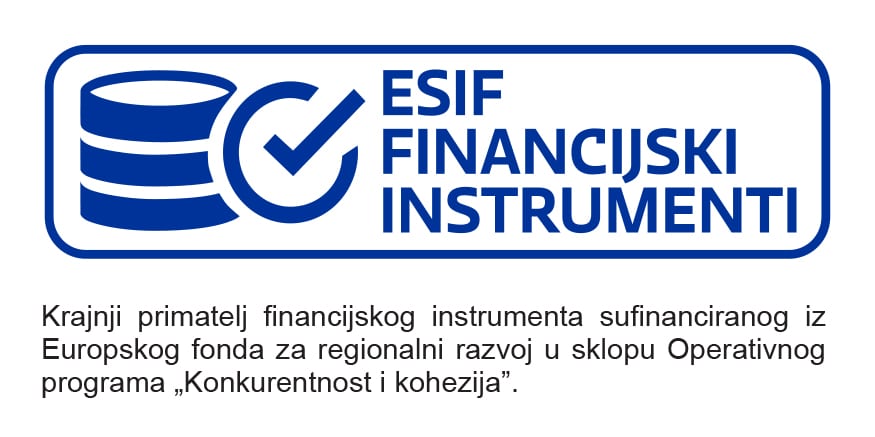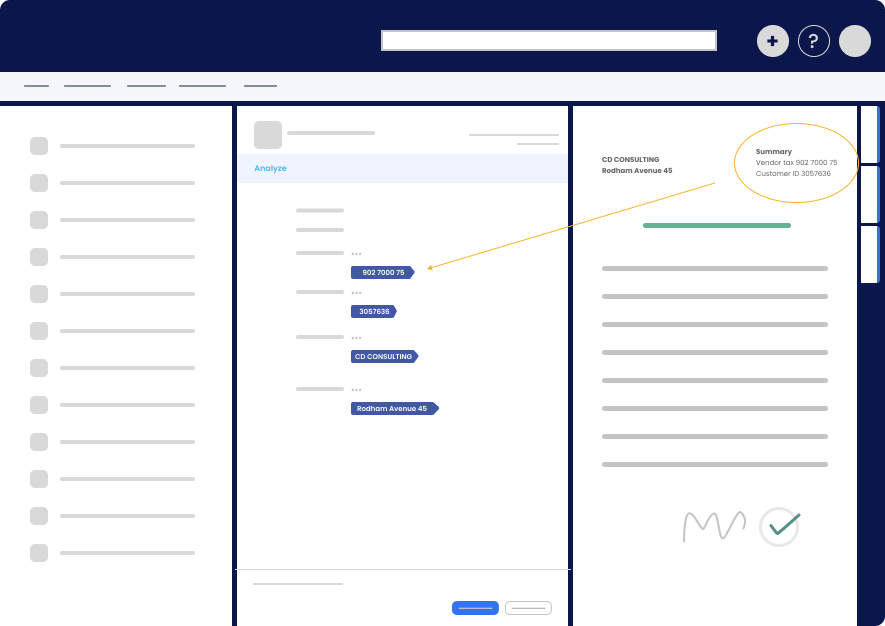Trigger-related options
Operating on a trigger-action principle, rules require a defined trigger to initiate an action.
Several fields must be specified to activate a rule:
- Trigger type
- Trigger source
- Monitored properties (optional)
Below, see the description for Trigger type. For details on Trigger source and Monitored properties, please see this page.
Trigger type #
Trigger type denotes the event that initiates rule execution. Choose from the following options:
- Object created: Choose this option to execute the rule upon creation of the source object.
- Object changed (default): Choose this option to execute the rule whenever any change is made to the source object. The Monitored properties field becomes available.
- Object metadata changed: Choose this option to execute the rule when the metadata of the source object is changed. The Monitored properties field becomes available.
- Object changed state: Choose this option to execute the rule when the source object undergoes a workflow state change.
- Object entered state: Choose this option to execute the rule when the source object enters a specific workflow state.
- Object left state: Choose this option to execute the rule when the source object leaves a specific workflow state.
- Object deleted: Choose this option to execute the rule when the source object is deleted.
- Object destroyed: Choose this option to execute the rule when the source object is destroyed. Upon selection, the Object type field opens up for specifying the object type.
- On comment: Choose this option to execute the rule whenever a comment is added to the source object.
- Scheduled: Choose this option to execute the rule at a specific time and/or on specific days. The Schedule option becomes available.
- RunOnce: Choose this option to execute the rule only once and on all matching objects in the vault.
- Orchestrated: In cases where multiple rules are connected to the same source and trigger, choose this option to execute the rules sequentially, according to a defined order.
Execution mode #
Defines when the rule is executed. For more details on this feature, please refer to the Rule execution page.
- EventHandler (default): The rule is executed during object check-in.
- BackgroundTransaction: The rule is executed after the object has been checked in.
- Background: The rule is executed as a task in the background after the object has been checked in.







